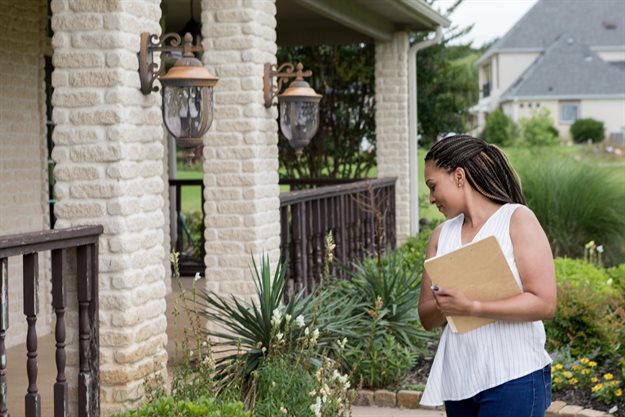
Top stories






More news







Logistics & Transport
Uganda plans new rail link to Tanzania for mineral export boost











1. Allowing a reputable and experienced home inspector to conduct a thorough home inspection before you decide to let your property is beneficial to both the landlord and the tenant.
This inspection will be able to identify any latent defects that the home may have and allow you as the landlord to repair faults before letting the home.
If a landlord does not attend to latent defects timeously, this can end up costing a lot of money, including missing out on rental income while repairs are undertaken.
2. Prior to occupation as well as at the end of a lease, the estate agent along with the landlord and tenant must inspect the property, take photographs and list the property room by room including outbuildings and the garden and note any defects. All three parties must then sign this document and it is advised that quarterly inspections be carried out as well.
3. Even though you are the owner of the home, the tenant will be living there for a period of time and they should feel safe and at home.
Give tenants the opportunity to voice their desires and concerns. If for instance they request a security gate, you should consider installing one. It could also benefit you in the long term as homes with security features are more in demand nowadays. Let your tenants know by means of your agent that they are free to voice their opinions and requests.
4. As the landlord or the agent, you are not allowed to enter the premises of the property for an inspection or for any other reason without prior arrangement with the tenant. A reasonable date and time should be agreed upon by all parties. It should also be noted that tenants are not allowed to unreasonably withhold consent.
5. Should the landlord or the agent acting on behalf of the landlord fail to schedule an inspection of the property, no money can be deducted from the tenant’s deposit at a later stage. A home that has not been inspected is assumed to be in good condition.
6. It is the landlord’s responsibility to undertake any reparations that were identified during the inspection prior to the tenant moving in unless agreed otherwise in writing by all parties.
7. While most defects will be detected during the inspection, this is not always possible and sometimes tenants only discover defaults when they are already living in the property. Tenants are usually given two weeks to submit a snag list of problems in writing to the agent.
8. While repairs to the structure of the home (like replacing tiles on the roof, attending to rising damp that comes from the ground and repairing a burst geyser) are the landlord’s responsibility to fix, the landlord is not responsible for ongoing maintenance like replacing bulbs or fixing things that were broken or damaged due to the tenant’s behaviour.
For example, if the tenant is responsible for mould/mildew forming on the bathroom walls because the windows weren’t open often enough to allow for ventilation, this will now be the tenant’s responsibility to repair.
9. Remove any pets or anything else that could draw your own, the agent’s or the tenant’s attention away from the home inspection. You should only focus on the task at hand.
As the landlord, you should also ensure that all the utilities have been switched on and that you have all the keys to the rooms and outbuildings.
10. Everyone should be able to take their time. A thorough inspection is for everyone’s benefit.